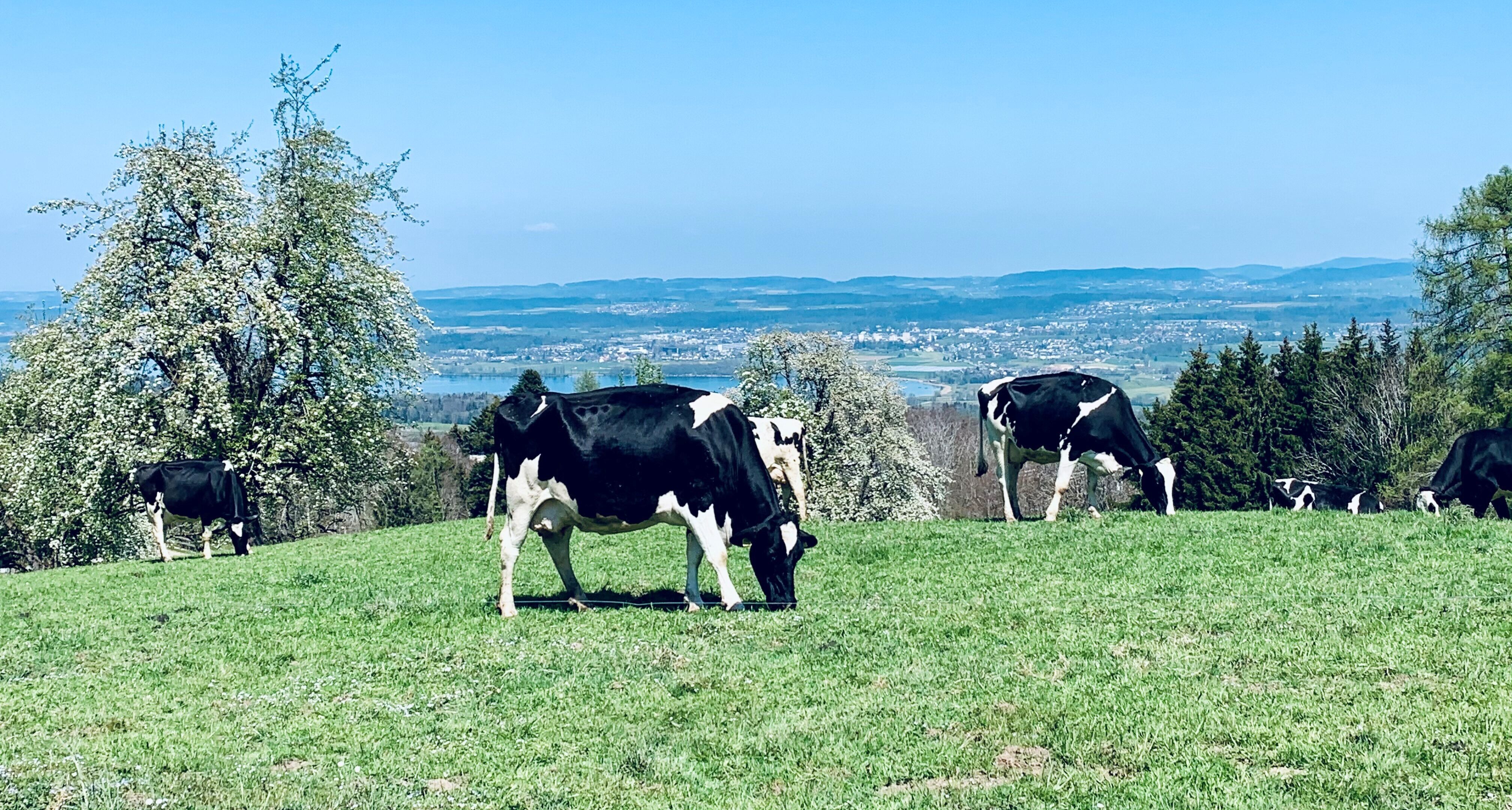If you visit Switzerland’s spotless towns, swim in its pristine lakes, or hike along its magnificent mountain trails—as both of us routinely do—it’s hard not to be blinded by the idyllic nature of the place. Time runs differently, and the world seems at peace. And yet it isn’t.
Like any other country, Switzerland faces enormous environmental and social challenges. That’s particularly true for its food system, which produces about 50% of the food consumed inside the country—including iconic products such as cheese, chocolate, and Bircher Müesli.
Intensive farming practices that cause soil degradation, water pollution, and biodiversity loss threaten the country’s agricultural production base. The food system is the biggest driver of Switzerland’s negative environmental footprint, accounting for 25% of total impacts and 16% of the country’s domestic carbon emissions, thereby contributing to dangerous climate change.
Healthy and nutritious food remains inaccessible for too many, an untenable example of social inequity and a significant driver of the country’s healthcare costs.
And the heavy reliance on imported food raises questions about food security and the sustainability of global supply chains as well as Switzerland’s responsibility beyond its borders. In fact, the majority of the negative environmental impacts caused by the Swiss food system occur outside the country.
The need to transform Switzerland’s food system is clear to anyone looking at the trendlines. What’s less clear is what a more sustainable and just Swiss food system would look like and how, exactly, we can get there.
Funding the transition
In 2023, a group of 40 scientists released a report that offers a bold new vision for the country’s food system, along with a theory of transformation—a hypothesis for how to realize that vision. The report also sketches the contours of an intervention strategy, a set of steps different societal actors should take to create the conditions for positive systemic tipping points and thereby send the system along a transition pathway.
Central to that strategy is the need for a financial mechanism that funds this transition, such as training programs for professionals in food-related jobs, consumer education and public awareness campaigns, R&D activity for alternative protein products, and funding for farm-level transitions.
Heeding this call, the TransCap Initiative is now setting out to develop a systemic investing program capable of catalyzing the transformation of Switzerland’s food system. With the generous support of Mercator Foundation Switzerland, Fourfold Foundation, and Minerva Foundation, we will spend the next six months exploring the design of such a program and building a coalition for its implementation.
Specifically, we will sharpen the problem and solution frames, create a high-level design of a systemic investment program, develop a structuring, launch, and implementation strategy, and build a core coalition of partners/co-founders. The work will build on the analytical and strategic foundations already in place but operate with a broader aperture (in terms of the many different financial instruments needed) and with a focus on engaging private-sector actors.
Through this project, we hope to lay the groundwork for implementing a first-of-its-kind transformative investment program for national-level food systems transformation. We will pay close attention to all the innovation activity already going on in the system, aiming to build on—and, ideally, amplify—the good work already underway. We will also bring in experience and expertise from outside of Switzerland, be it from our own work on regenerative agricultural transitions or that of others in our network.
Informing broader food systems transformation
Switzerland’s challenges aren’t unique, and food systems tend to be highly interlinked and interdependent. That’s why we hope this project will enable us to uncover critical elements for a blueprint that could inform food system transformations in other countries.
If you care about the future of food and how we could fund the transformation of food systems, get in touch. We are always looking to partner with and learn from those with insight to share.
